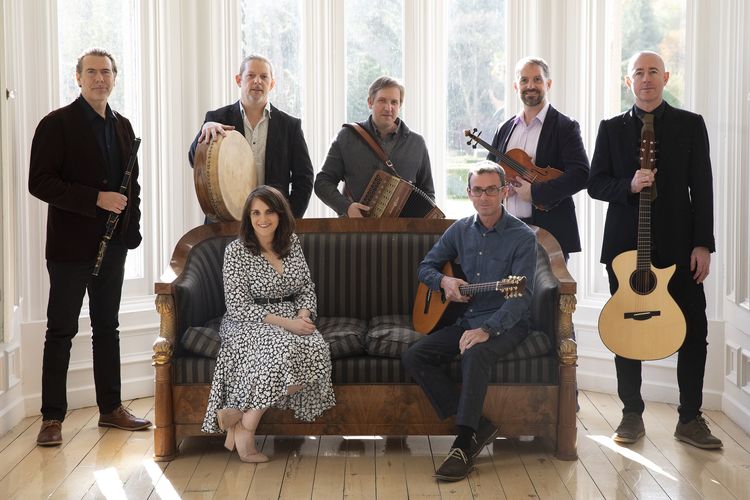
Someone turned to Archbishop Roncalli and said: “Your Excellency, what a scandal! Aren’t you embarrassed that everyone is looking at that woman?”
“Oh no,” he replied, “everyone’s looking at me to see if I’m looking at her.”
But Roncalli’s most quoted line dates from his time as pope: when a journalist enquired about how many people worked in the Vatican, he said: “About half.”
On another occasion, Pope John XXIII, who headed the church from 1958 until 1963, was asked about the Italian tradition of closing offices for several hours after lunch.
“Your Holiness, we understand that the Vatican is closed in the afternoon, and that people don’t work then.”
“Ah, no,” John said. “The offices are closed in the afternoon. People don’t work in the morning!”
He once paid a surprise visit to the Hospital of the Holy Spirit in Rome, and was introduced to the nun who ran it.
“Holy Father!” the flustered nun said, “I’m the superior of the Holy Spirit.”
“Well, I must say, you’re lucky,” said the pope, “I’m only the Vicar of Christ.”
The Rev. James Martin, a Jesuit priest, relates these stories in “Between Heaven and Mirth,” which is a spin-off of sorts from his 2006 book “My Life with the Saints.”
Time and again, he heard the question when promoting that work: “What were they like?”
“We’re used to seeing saints as serious, morose people from statues, paintings and mosaics,” said Martin, the culture editor of America, the Jesuit weekly.
“People want permission to have a sense of humor,” said the author, who after a number of appearances on “The Colbert Report” was designated by host Stephen Colbert as its chaplain. He hopes his book – subtitled “Why Joy, Humor, and Laughter Are at the Heart of the Spiritual Life” – can help in that regard. It’s intended, too, as a counterweight to the gloomy religious people whom he labels the “frozen chosen,” those, he said, “who are Christian but seem to think every day is Good Friday.”
And what is the biggest surprise in his story? “That Jesus had a sense of humor,” he said.
Humor is very culture-bound and very time-bound; what was funny in 1930s movies, he said by way of example, often doesn’t work now. “If that’s the case, imagine how hard it for us to understand the humor of 1st Century Palestine,” he said. “But scripture scholars say that many of Jesus’s parables would have been seen as funny – not simply clever or provocative but as laugh-out-loud funny.” Indeed, one scholar argued that some of the stories would have been seen as “hilarious.”
Martin left behind a career as a business executive in the mid-1980s to join the Society of Jesus; as part of that choice, he took a vow of poverty to follow Christ, who was poor, and to identify with the poor, as Christ had asked. This means that the $650,000 his books have earned in the past five years has gone to the order.
“It is countercultural, and the Gospel is counter-cultural at its heart,” he said of that pooling of resources.
For someone who spends just an hour a day on the books, Martin is remarkably productive. He’s working on his 11th – it’s about Jesus – and he has edited several others. He said that his religious order makes it all possible.
“I don’t have to write something that I think will be popular. I don’t have to crank out books as authors who support themselves do,” said the Jesuit whose family roots on his mother’s side are in Sicily and on his father’s in County Wexford. “I don’t have the stress of having to make the advance money. I don’t have to balance the tension between writing a good book and one that might sell.”
But Martin, who got his MBA at Wharton School of the University of Pennsylvania, added: “I try to make them marketable and inviting and accessible for people.”
He enjoys every aspect of the business – the writing and the editing, the work on the galleys, the discussion about the cover, the media appearances and the interaction with readers. As for the paycheck, Fr. Martin said: “It’s used by the Jesuits and they use it well.”









